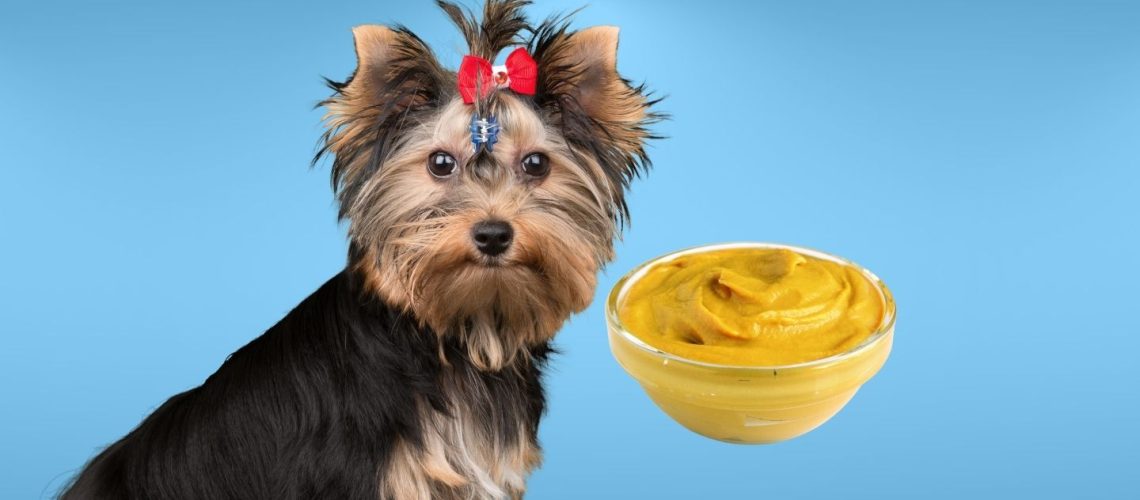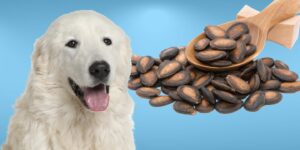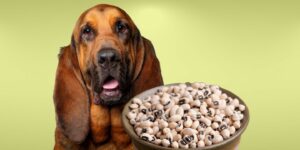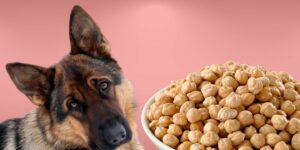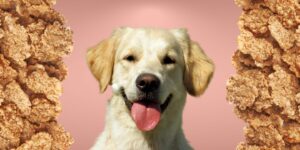Mustard is a common condiment made from mustard seeds that many people enjoy, but is it safe for dogs to eat? It's important for pet owners to be aware of what they can and cannot feed their dogs, as some human foods can be toxic or harmful to dogs. The short answer is no, dogs should not eat mustard, as it contains a substance called sinigrin, which can be toxic to dogs in large amounts. Ingesting even small amounts of mustard can cause unpleasant symptoms, such as upset stomach, vomiting, and diarrhea in dogs. In this article, we will explore the potential dangers of mustard for dogs, symptoms of mustard ingestion, what to do if your dog ingests mustard, and alternative foods that are safer for your canine companion.
Mustard's Ingredients and Their Effects on Dogs
Sinigrin: The harmful compound in mustard
Mustard contains a chemical called sinigrin, which is responsible for its pungent flavor as well as its potential harmful effects on dogs. When ingested in large amounts, sinigrin can be toxic to dogs, leading to stomach irritation, vomiting, diarrhea, and loss of appetite. In severe cases, sinigrin toxicity can result in more serious health problems, including the stomach ulcers, difficulty breathing, rapid heart rate, and even organ damage.
Other ingredients in mustard and their effects on dogs
Aside from sinigrin, mustard may also contain other ingredients, such as vinegar, sugar, salt, and spices. These ingredients can also contribute to the negative effects of mustard on dogs. Vinegar, for example, can cause further irritation to the stomach, while excess salt can lead to increased thirst and potential dehydration.
Symptoms of Mustard Ingestion in Dogs
Immediate symptoms: Vomiting, diarrhea, and stomach pain
If a dog ingests mustard, the immediate symptoms may include vomiting, diarrhea, and stomach pain. These symptoms can occur even in cases of ingestion of small amounts of mustard.
Long-term effects: Ulcers, respiratory issues, and organ damage
In more severe cases of mustard ingestion, dogs may develop long-term health issues. These can include stomach ulcers and inflammation, respiratory difficulties, rapid heart rate, and organ damage.
What to Do if Your Dog Ingests Mustard
Monitoring your dog for symptoms
If your dog accidentally ingests mustard, it's important to monitor them closely for any signs of discomfort or symptoms.
Contacting your veterinarian
If your dog shows any symptoms after ingesting mustard, it is crucial to contact your veterinarian. They will be able to provide guidance on the best course of action and may recommend treatment if necessary.
Treatment options and prevention measures
Based on the severity of symptoms and the amount of mustard ingested, your veterinarian may recommend treatment for your dog, such as administering fluids to prevent dehydration or medication to relieve stomach pain. To prevent future incidents, it's important to store mustard and other harmful foods out of your dog's reach.
Alternative Foods and Treats for Dogs
Safe human foods for dogs
There are several human foods that are safe for dogs to eat, including lean meats, cooked vegetables, and rice. Be sure to consult with your veterinarian on which human foods are appropriate for your dog.
Dog-friendly condiments and snacks
For pet owners who want to give their dogs a special treat, there are dog-friendly condiments and snacks available, such as dog-safe peanut butter or yogurt.
Raising Awareness about Foods Toxic to Dogs
Educating others about mustard and other harmful foods
As a responsible pet owner, it's important to educate others about the potential dangers of certain human foods for dogs, including mustard.
Creating a dog-friendly environment at home and in public spaces
Ensuring a safe environment for your dog involves being mindful of the foods and substances they may come into contact with both at home and in public spaces.
Conclusion
In conclusion, it is crucial for dog owners to avoid feeding their canine companions mustard, as it can be harmful and potentially toxic due to the presence of sinigrin. Monitor your dog closely if they accidentally ingest mustard and seek veterinary care if any symptoms develop. To ensure a healthy diet for your dog, explore safe alternatives and remain informed about foods that are toxic to dogs.

